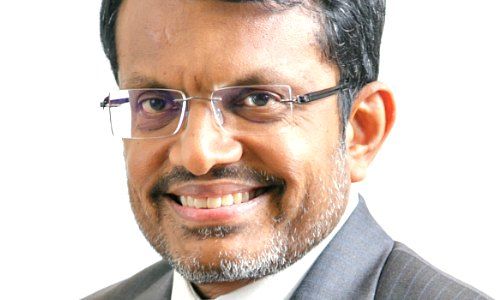MAS: «If It Sounds Too Good to be True, It Probably Is»
Singapore's financial regulator warned investors against spending money on cryptocurrencies. Demand from Asia is fueling a price surge in bitcoin and other digital tokens.
Singapore has not minced words on surging investor demand for cryptocurrencies: in August, the Monetary Authority of Singapore joined with criminal investigators to warn that cryptocoins are opaque, more susceptible to fraud schemes than other investments, illiquid, highly speculative, have a high rate of failure, and are at risk as a money-laundering method.
Four months later, MAS doubled down on its rhetoric. Cryptocurrencies aren't legal tender, nor backed by any asset or issuer, and investors are on their own if they lose funds, the supervisor said. This echoes comments from prominent bankers such as UBS Chairman Axel Weber, who said this week digital tokens aren't actual money. In fact, cryptocurrencies are accepted by more than 100,000 merchants around the world including many in Switzerland's crypto valley, for example, but they have yet to be recognized as legal tender by any central bank.
«MAS advises the public to act with extreme caution and understand the significant risks they take on if they choose to invest in cryptocurrencies,» the body said in a statement on Tuesday.
Outlandish Profit Claims
The warning comes as regulators, particularly in Asia, seek to cool the frenzy over bitcoin and other cryptocurrencies. The recent surge has been fueled by retail demand in South Korea, Japan, and other Asian hubs, as finews.asia has reported previously.
Though China has banned crypto investments, bitcoin and other digital currencies remain largely unregulated. Their popularity in Asia means prices in the asset class are heavily skewed. Singapore is clearly worried both about uninformed investors putting all their funds into an untested asset class, but also about outright fraud.
«Before investing in cryptocurrencies, members of the public should carefully consider the claims being made about the products being offered – if the touted ease of making significant profits sounds too good to be true, it probably is,» MAS said.



























